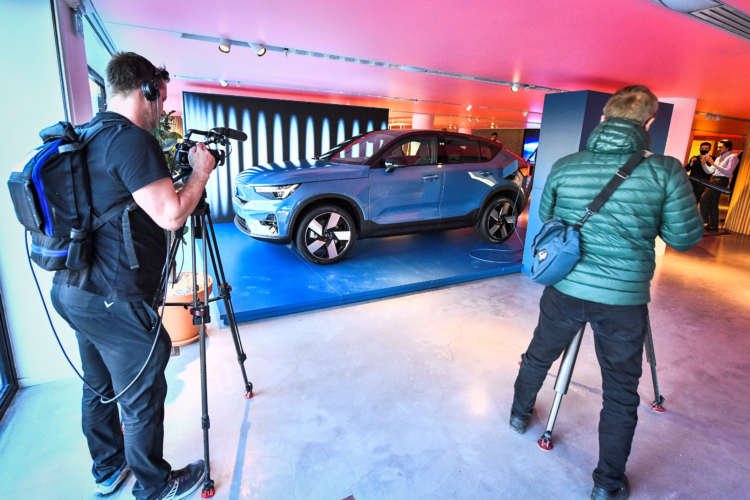Business
Nvidia, Volvo Cars accelerate auto industry’s data-processing power race
Published by linker 5
Posted on April 13, 2021
1 min readLast updated: January 21, 2026

Published by linker 5
Posted on April 13, 2021
1 min readLast updated: January 21, 2026

Explore more articles in the Business category











